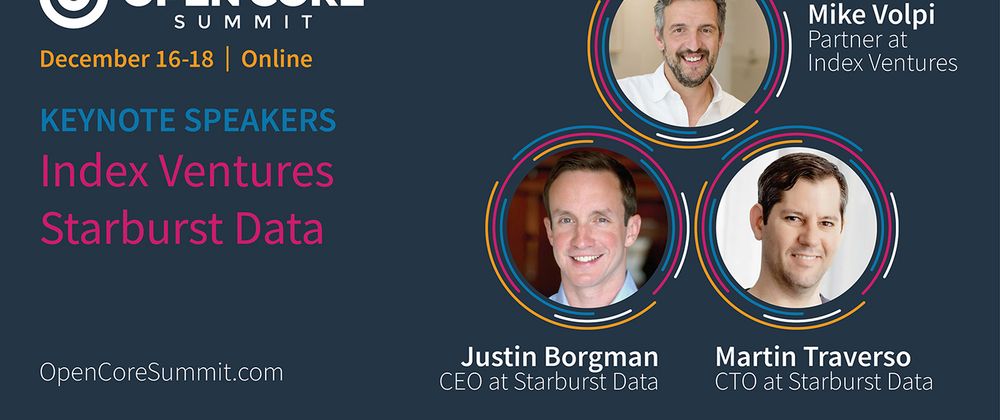Mike Volpi joined Index in 2009, to help establish the firm's San Francisco office with Danny Rimer. Mike invests primarily in infrastructure, open-source, and artificial intelligence companies. He's currently serving the boards of Aurora, Cockroach Labs, Confluent, Covariant.ai, Elastic, Kong, Sonos, Starburst, and Wealthfront. Mike was previously a director of Blue Bottle Coffee, Hortonworks, and Zuora, and he currently serves on the board for Fiat Chrysler Automotive.
Relevant Links
LinkedIn - Twitter - Wikipedia
Justin Borgman is a subject matter expert on all things big data & analytics. Prior to founding Starburst, he was Vice President & GM at Teradata (NYSE: TDC), where he was responsible for the company’s portfolio of Hadoop products. Justin joined Teradata in 2014 via the acquisition of his company Hadapt where he was co-founder and CEO. Hadapt created “SQL on Hadoop” turning Hadoop from a file system to an analytic database accessible by any BI tool.
Relevant Links
LinkedIn - Twitter
Martin Traverso is the co-creator of Presto and CTO at Starburst Data
Relevant Links
LinkedIn - Twitter
Mike Volpi is joined by Justin Borgman and Martin Traverso: the balance between community-driven and company-driven open source projects.
Introductions to speakers and session topic — 00:19
Martin, why has Presto has been so successful? — 1:17
Justin, Presto had been around for about 5 years before you started Starburst Data. How did that impact the early success your company has had? — 4:29
What is the best approach to engage with an OSS community? — 8:22
Justin, how do you turn engagement channels into customers? — 12:16
Justin, how do you balance customers being contributors? — 13:42
Martin, how do you decide whether new features belong in the open domain or closed source? — 15:09
Justin, can you talk about the relationship between the self-hosted, download-to-host, classic open-source model, and the cloud-SaaS model? Are they complimentary, do they cannibalize each other? How do you think about that as an open-source leader? — 18:35
Share your questions and comments below!



Top comments (0)